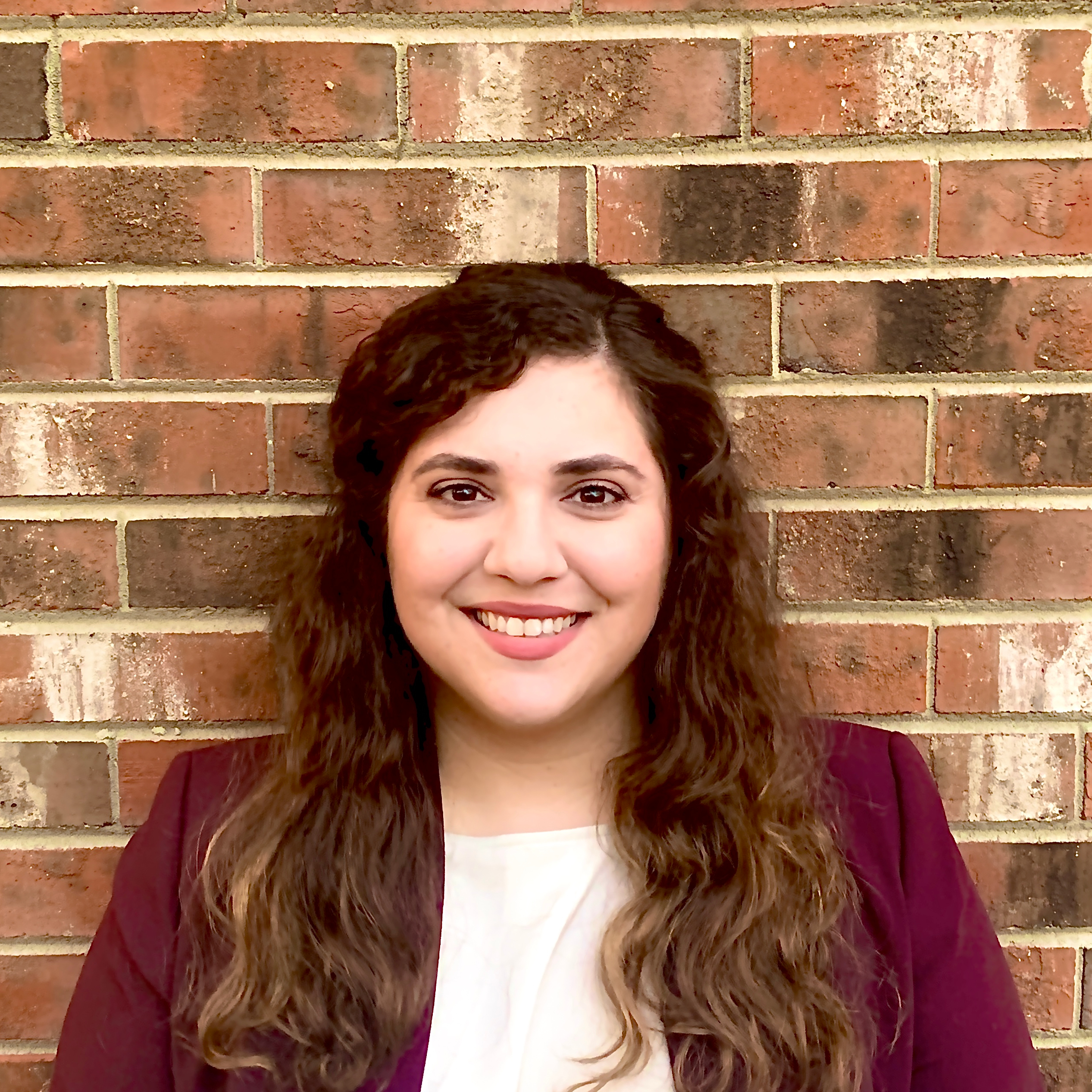For an Inclusive Recovery, We Need Support for Small Business and the Groups that Help Them
LISC’s Michelle Harati reflects on the role of Business Development Organizations in supporting place-based economic recovery and calls for federal funding to support their vital missions.
Many businesses in both rural and urban communities are still reeling from the devastating effects of the pandemic. These businesses are the backbone of communities, employing locally and providing critical goods and services to community residents. In turn, place-based efforts to support these local small businesses often depend upon the critical work of Business Development Organizations (BDOs). BDOs support small businesses by creating equitable small business ecosystems in which they can thrive, particularly within undeserved communities. Federal resources that support the work of BDOs can help drive an inclusive economic recovery - expanding opportunities for shared prosperity within communities that have been traditionally underinvested and undervalued in their ability to contribute to regional economic growth.
BDOs are place-based organizations that help small businesses and entrepreneurs to flourish. They focus on building out local economic development systems by attracting potential customers and consumers to neighborhood corridors through marketing and events. They address disparities in opportunity by connecting small businesses, particularly those owned by socioeconomically disadvantaged entrepreneurs, to training, resources, and capital they might not access otherwise. They have been on the frontline of support for the country’s hardest-hit entrepreneurs throughout the pandemic and have been working to enable thriving commercial corridors throughout the crisis.
LISC works closely with local BDOs to support these efforts. We collaborate with more than 130 BDOs across the nation that provide geographic- and demographic-specific services that are culturally competent and linguistically accessible to entrepreneurs and small businesses. LISC undertakes this work because we understand that the recovery of these small businesses is crucial to the recovery of our nation's economic health. Notably, small businesses have accounted for 65.1 percent of net new jobs generated since 2000.
But the impact of a small business, particularly in our nation’s rural downtowns and disinvested urban commercial corridors, far exceeds the creation of jobs. Small businesses are critical community assets that respond to local market needs and create vital spaces for social interaction, attracting additional investments to a community.
Businesses in economically vulnerable communities and those owned by people of color have been particularly hard hit during the pandemic, and they increasingly need supportive services tailored to their needs and locations. BDOs, which play an outsized role in supporting these businesses, face immediate budget and capacity limitations. Yet, federal COVID-19 recovery efforts have not prioritized place-based support, limiting the impact and scale of community-based BDOs. Given that small businesses create wealth and expand access to economic mobility, failing to support the BDOs that serve them could undermine an equitable recovery.
Federal interventions in the wake of COVID-19 have focused on the short-term funding to help businesses retain a baseline level of employees and operational activity. To better position Main Streets and business districts for long-term recovery and growth, and to accelerate the deployment of funds to local businesses, future federal investments should leverage the expertise of national nonprofit partners with deep connections and experience in expanding the capacity of local BDOs.
Federal investments could scale these efforts and swiftly disburse dollars to support community recovery, particularly in low-income urban and rural communities. The Biden Administration recently indicated support for this work by calling for a dedicated Main Street initiative as part of its Fiscal Year 2022 budget request. While we applaud this effort and eagerly await further details, there are immediate steps the administration can take now to support BDOs.
As part of the American Rescue Plan, the U.S. Department of Commerce’s Economic Development Agency (EDA) received $3 billion in supplemental funding. The EDA should reserve 5 percent of these funds to be awarded to national intermediaries to fund networks of BDOs throughout the country.
As the only federal agency solely focused on economic development, the EDA can and should be supporting an equitable, place-based recovery strategy. The EDA could supplement existing regional distribution methods with a strategy that connects national resources to local impacts and better reach underserved areas in the process. Using trusted nonprofit intermediaries, the EDA could quickly and efficiently deploy funding to support the vital work of BDOs throughout the country. EDA investments would support locally tailored business support solutions that bolster inclusive economic recovery and community development efforts—expanding job creation and retention and delivering expert support to small businesses through coordinated technical assistance.
Federal investments in place-based approaches to recovery are necessary to meet the needs of existing and aspiring entrepreneurs and the organizations that serve them. Increasing our investments in the capacity-building of BDOs would expand access to local technical assistance that is affordable, culturally relevant, and linguistically accessible - building more resilient businesses and communities in the process.
 Michelle Harati, Senior Policy Officer
Michelle Harati, Senior Policy Officer
Michelle advocates for federal policies to broaden pathways to opportunity, supporting multiple LISC national programs, including: economic development and small business, workforce development and financial capability, creative placemaking, and AmeriCorps. Before joining LISC, she worked with the City of San Diego Economic Development Department as a Community Development Specialist. She was also a Senior Asset Building Coordinator at the International Rescue Committee's (IRC) Financial Opportunity Center in San Diego and served two terms as an AmeriCorps member. Michelle holds a B.A. in Political Science from the University of California, Los Angeles, and a M.P.P. from Georgetown University.
@michelleharati